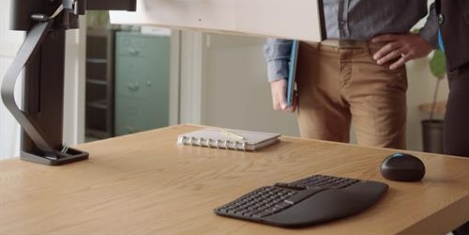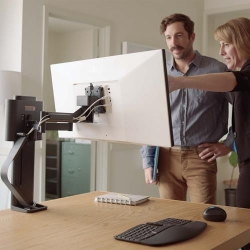October 4, 2022
One in four pregnant women reluctant to share news with employers
 More than one in four (26 percent) pregnant women feel reluctant to share their pregnancy news due to fear of the stigma they may face from colleagues and managers, according to a new poll from Culture Shift. This jumped to almost half (46 percent) for those who had been in employment for less than six months when they fell pregnant. The survey conducted among mothers who worked while pregnant reveals more than one in five (21 percent) know someone who has faced maternity discrimination at work, while one in eight (12 percent) have experienced it themselves. More than one in ten (11 percent) say it was their manager who discriminated against them. More →
More than one in four (26 percent) pregnant women feel reluctant to share their pregnancy news due to fear of the stigma they may face from colleagues and managers, according to a new poll from Culture Shift. This jumped to almost half (46 percent) for those who had been in employment for less than six months when they fell pregnant. The survey conducted among mothers who worked while pregnant reveals more than one in five (21 percent) know someone who has faced maternity discrimination at work, while one in eight (12 percent) have experienced it themselves. More than one in ten (11 percent) say it was their manager who discriminated against them. More →

































September 30, 2022
There is no F in work
by James Woudhuysen • Comment, Flexible working, Wellbeing, Workplace design
More →